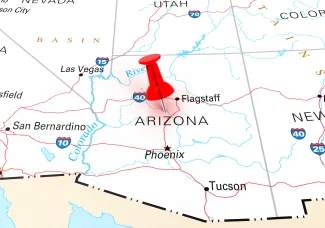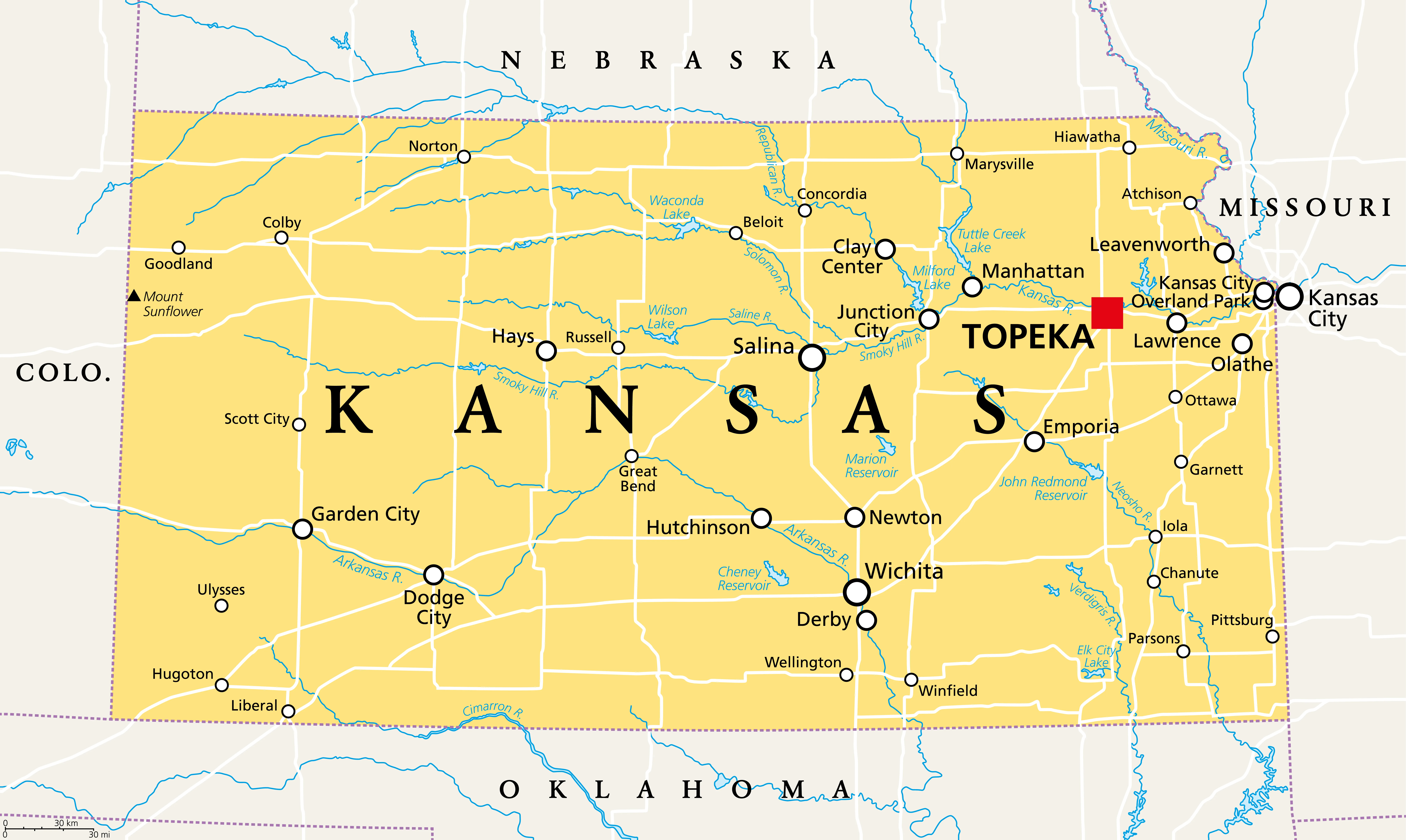
Arizona sees increased demand for vasectomies post-Roe
Click play to listen to this article.
(Arizona News Connection) Planned Parenthood Arizona is expanding vasectomy services to its Central Phoenix health center, a year after it launched a similar program in Tucson, with increased requests following the Dobbs decision.
Dr. Jill Gibson, chief medical officer for Planned Parenthood Arizona, said her organization remains committed to its mission of protecting and expanding reproductive health care access in Arizona. She pointed out nearly half the patients seeking services in Tucson were coming from Phoenix and Northern Arizona.

"So many patients were saying that the traditional methods of birth control that were available really didn't work for them," Gibson explained. "They tried them and had adverse side effects or they couldn't afford them, they didn't have insurance, and really the method that so many people wanted to rely on for their families and for their partners was a vasectomy."
Gibson pointed out vasectomies are an effective form of permanent birth control amid constant attacks on reproductive health rights in Arizona and nationwide. Vasectomy services are available for those with insurance or self-pay, with a $750 cost. She emphasized it was a "real no-brainer" to bring the service line to the Phoenix area. Appointments can be scheduled at 602-277-7526.
Gibson stressed Arizona is facing a significant shortage of providers and added the Dobbs decision has opened the door for further restrictions in medical professionals' ability to practice, which she contended is pushing providers away.
Every county in Arizona is what is called a partial health professional shortage area, meaning there are 3,500 or more patients for every one provider. She said it is hard to find people who are willing to work within the reproductive health care space, even for family planning services which have nothing to do with abortion, such as vasectomies.
"I do think that is part and parcel of the whole picture of how we have to look at bodily autonomy and access to reproductive health care and sexual health care," Gibson asserted. "If we continue to have all these regulations and restrictions, we won't have providers to provide this service at all."
Gibson added it is "overwhelming" to see elected leaders and officials play politics with Arizonans' health care and threaten access to birth control and abortion. But just last week, backers of an initiative to ensure abortion rights in the state got enough signatures to put the measure on the ballot in November.

















